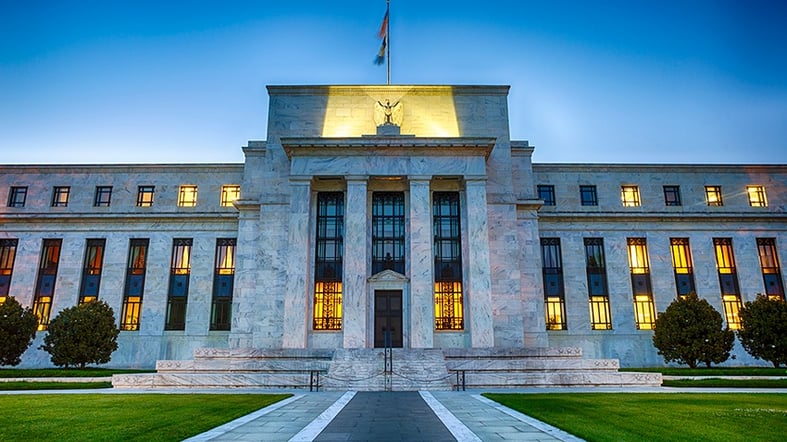
At its March 15 meeting, the Federal Open Market Committee did what many expected: raised the target federal funds rate to between 0.75% and 1%. The 25-basis-point increase was in line with market expectations and reflected “the economy’s continued progress toward the employment and price stability objectives,” according to Federal Reserve (Fed) Chair Janet Yellen. The central bankers last raised rates three months ago at their mid-December meeting.
It should be noted that senior Fed officials’ projections of growth, unemployment and inflation over the next few years didn’t change much from December. And, only a few Fed officials raised their expected year-end rate targets for 2017 and 2018. Future Fed policy actions will be data-dependent, with a focus on the job market and the inflation outlook. The domestic equity markets were expecting a more aggressive stance on raising rates, but equity investors seem to prefer the gradual move toward normalization of fiscal policy. The measured comments from the Fed helped extend recent gains for all three major stock indices.
The decision to raise short-term interest rates is not necessarily bad news for investors, Raymond James Chief Economist Scott Brown explains. It reflects an improved economic outlook. The latest employment report, for example, showed an uptick in construction and manufacturing jobs, a sign of strengthening business investment. Even with the rate increase, monetary policy remains accommodative. Consumer and business borrowing costs may rise moderately, but the economy is expected to strengthen further over the course of 2017.
The Fed may be on a collision course with policies coming out of Washington, notes Brown. Reduced regulation, a possible infrastructure spending package, and tax cuts should provide some lift for economic growth. In contrast, the Fed sees an economy near full employment. Labor market constraints would keep overall growth at a moderate pace. Of course, as Yellen has noted, the timing, size and character of Washington’s policy changes remain uncertain.
The rate increase was only the third since 2006. Any immediate effects will likely be modest, as they were in December. Banks tend to raise interest rates on loans before raising rates on deposits, so borrowers should see a change first, while savers may have to wait a little longer to see their interest rates rise. Bond investors also may want to take a wait-and-see approach. While bond prices do have an inverse relationship with rate increases, the reality is much more nuanced and interest rates don’t move in lockstep with Fed policy.
I will, of course, continue to monitor the latest market and economic news and share with you the most relevant updates. In the meantime, please feel free to contact me with any questions you may have. I look forward to speaking with you.
Sincerely,
Tyler Daly
Financial Advisor
Raymond James Financial Services, Inc.
*Investing involves risk, and investors may incur a profit or a loss. Past performance is not an indication of future results and there is no assurance that any of the forecasts mentioned will occur. Investors cannot invest directly in an index. The Dow Jones Industrial Average is an unmanaged index of 30 widely held stocks. The NASDAQ Composite Index is an unmanaged index of all common stocks listed on the NASDAQ National Stock Market. The S&P 500 is an unmanaged index of 500 widely held stocks. The MSCI EAFE (Europe, Australia, Far East) index is an unmanaged index that is generally considered representative of the international stock market. International investing involves additional risks such as currency fluctuations, differing financial accounting standards, and possible political and economic instability. These risks are greater in emerging markets. The performance noted does not include fees or charges, which would reduce an investor's returns.
©2016 Raymond James Financial Services, Inc., member FINRA/SIPC. Securities offered through Raymond James Financial Services, Inc., member FINRA/SIPC, and are not insured by any financial institution insurance, the FDIC/NCUA or any other government agency, are not deposits or obligations of the financial institution, are not guaranteed by the financial institution, and are subject to risks, including the possible loss of principal. Raymond James is not affiliated with the financial institution or the investment center.
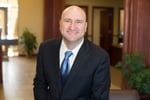
Tyler has been in the financial services industry since 2004 and with Sandstone Wealth Management and Heartland Bank since 2009. He is Series 7, 66 and Insurance licensed to assist his clients with all their investing, financial planning, and insurance needs. Tyler was recently named to the Forbes List of America's Top Next-Generation Wealth Advisor, which recognizes advisors from national, regional, and independent firms. Tyler graduated from the University of Nebraska-Lincoln with a Bachelor’s Degree in Diversified Agriculture and was born and raised in the Nebraska Sandhills. This gives him an intimate knowledge and understanding of his farming and ranching clients. Tyler is married to Rachel, who earned her Doctorate of Pharmacy from the University of Nebraska. They have two children, Camilla and Cooper. Away from business, he enjoys officiating high school basketball in the winter as well as golfing and team roping in the summer.

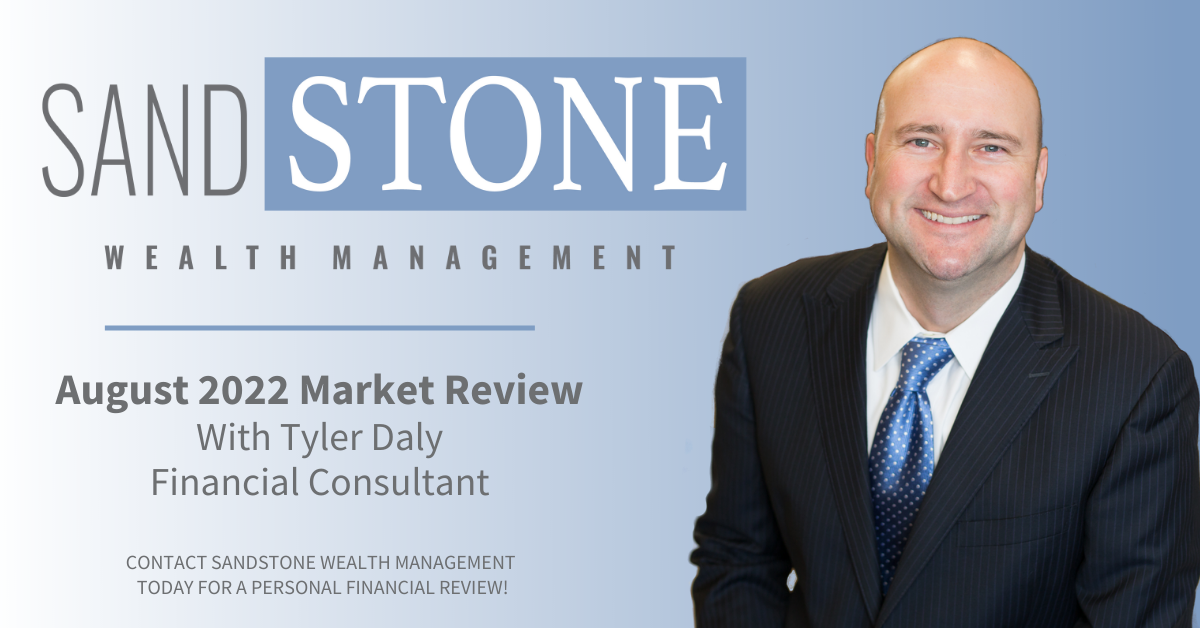
.png)
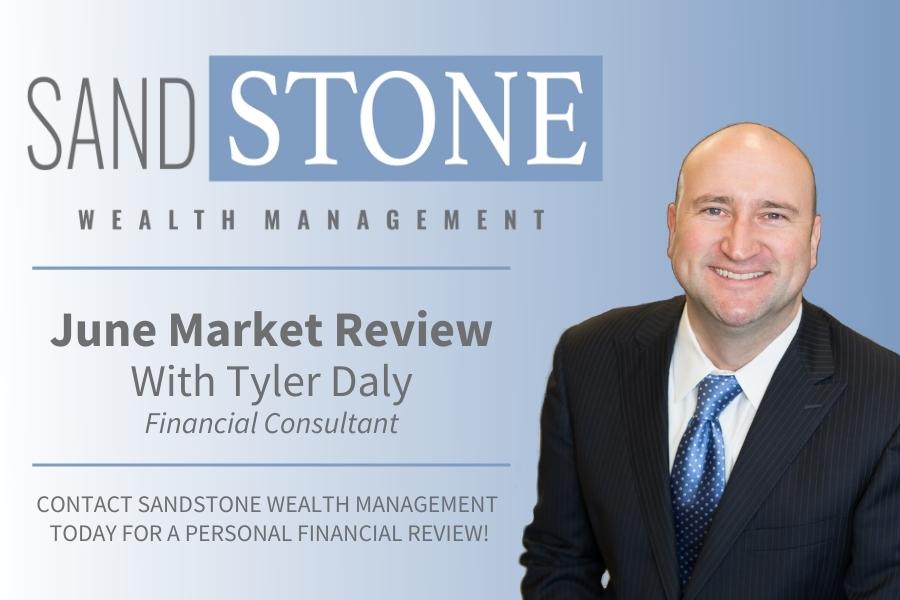
.jpg)
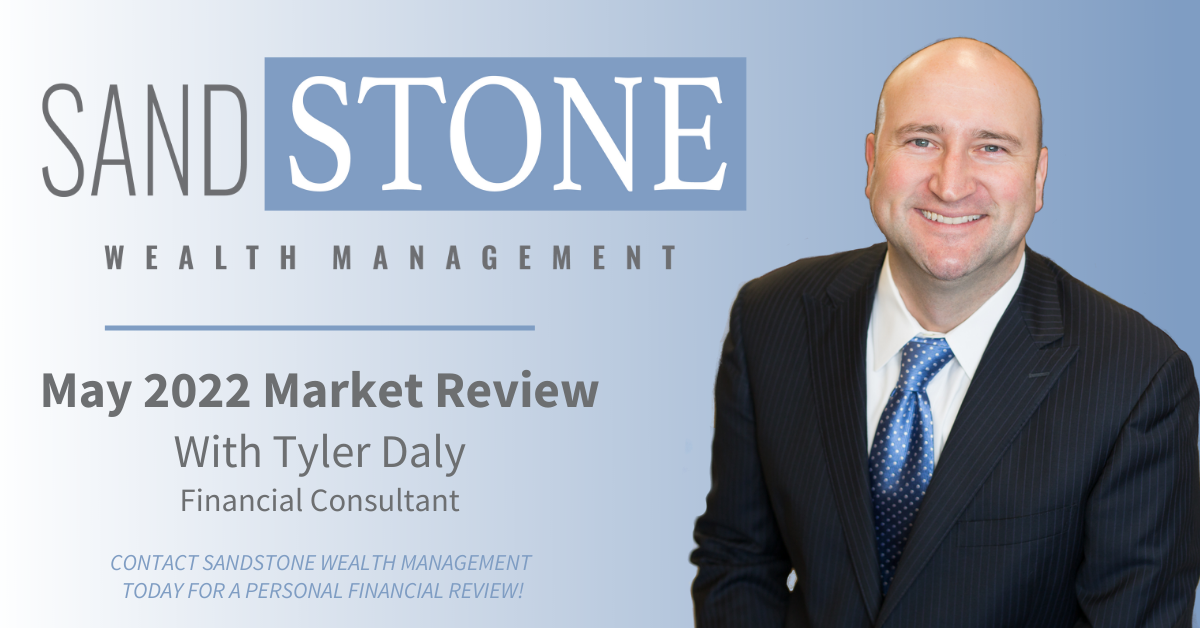
.jpg)

.png)




